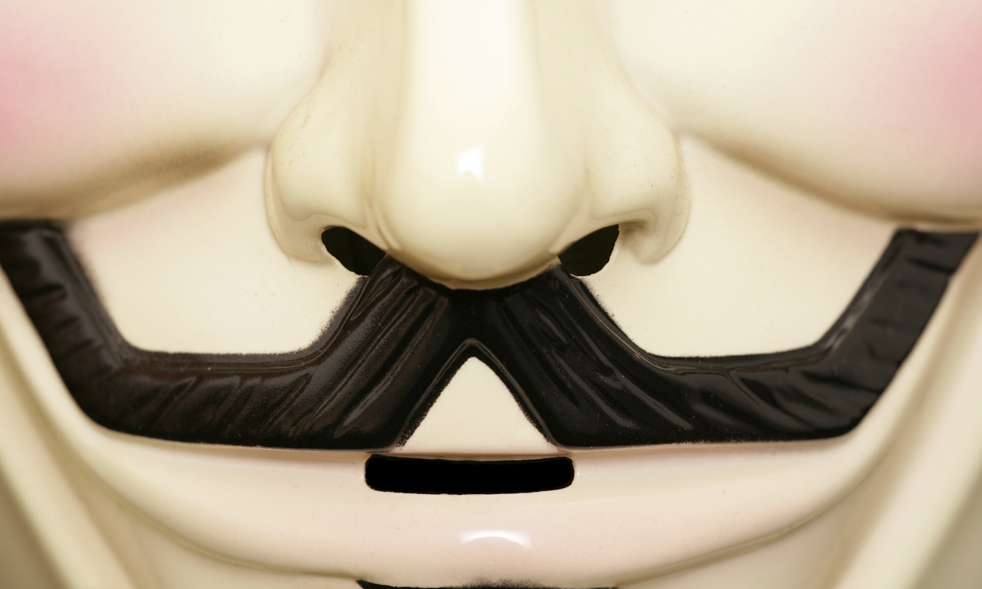
Indictment Says Cyberhackers Targeted Associations, Government Agencies
Thirteen members of an international cyberhacking ring formerly linked to WikiLeaks founder Julian Assange have been indicted in federal court in connection with an anti-copyright campaign of attacks that targeted trade associations, government entities, and others.
They call themselves “hacktivists.”
Before the indictment against 13 members of the cyberhacking collective Anonymous was handed down last week in federal court, the group was perhaps known as much for its trademark Guy Fawkes masks—the same ones worn by participants in the Occupy Wall Street protests, which the group claims also to have played a role in—as for its anti-establishment hacking campaigns. The patchwork of hacks that Anonymous took credit for largely targeted corporate and government websites in an attempt to disrupt service or distribute copyright-protected information for free online.
The charges handed down in U.S. District Court in Alexandria, Virginia, on October 3 stem from a 2010 effort known as “Operation Payback.” The indictment alleges that the hackers targeted entities that opposed the group’s “stated philosophy of making all information free for all, including information protected by copyright laws or national security considerations.”
Among the targeted organizations named in court documents are several national trade associations, including the Motion Picture Association of America (MPAA) and the Recording Industry Association of America (RIAA).
The hackers are accused of using software called Low Orbit Ion Cannon “to flood websites with huge amounts of internet traffic to shut them down,” according to an Associated Press report on the indictment.
Anonymous directed much of its ire over a nearly five-month period between September 2010 to January 2011 toward websites it claimed were critical of or refused to process payments to help fund WikiLeaks, the online repository of classified documents maintained by Julian Assange.
AP reports that the MPAA and the RIAA attacks “were retaliation against the discontinuation of ‘The Pirate Bay,’ a Sweden-based file-sharing website devoted to the illegal downloading of copyrighted material.” The attacks also followed the government’s shutdown of Megaupload, another well-known file-sharing site.
After first learning of the attacks in 2012, MPAA Chief Chris Dodd was working with authorities to identify the Anonymous attackers. Dodd is both a fervent copyright advocate and a former U.S. senator. The group later attacked him personally, posting his personal information, including his home address and telephone number, online, according to the Hollywood Reporter.
Anonymous is also accused of leveling attacks against the U.S. Copyright Office and the Library of Congress, as well as several European and international organizations.
(iStock/Thinkstock)






Comments